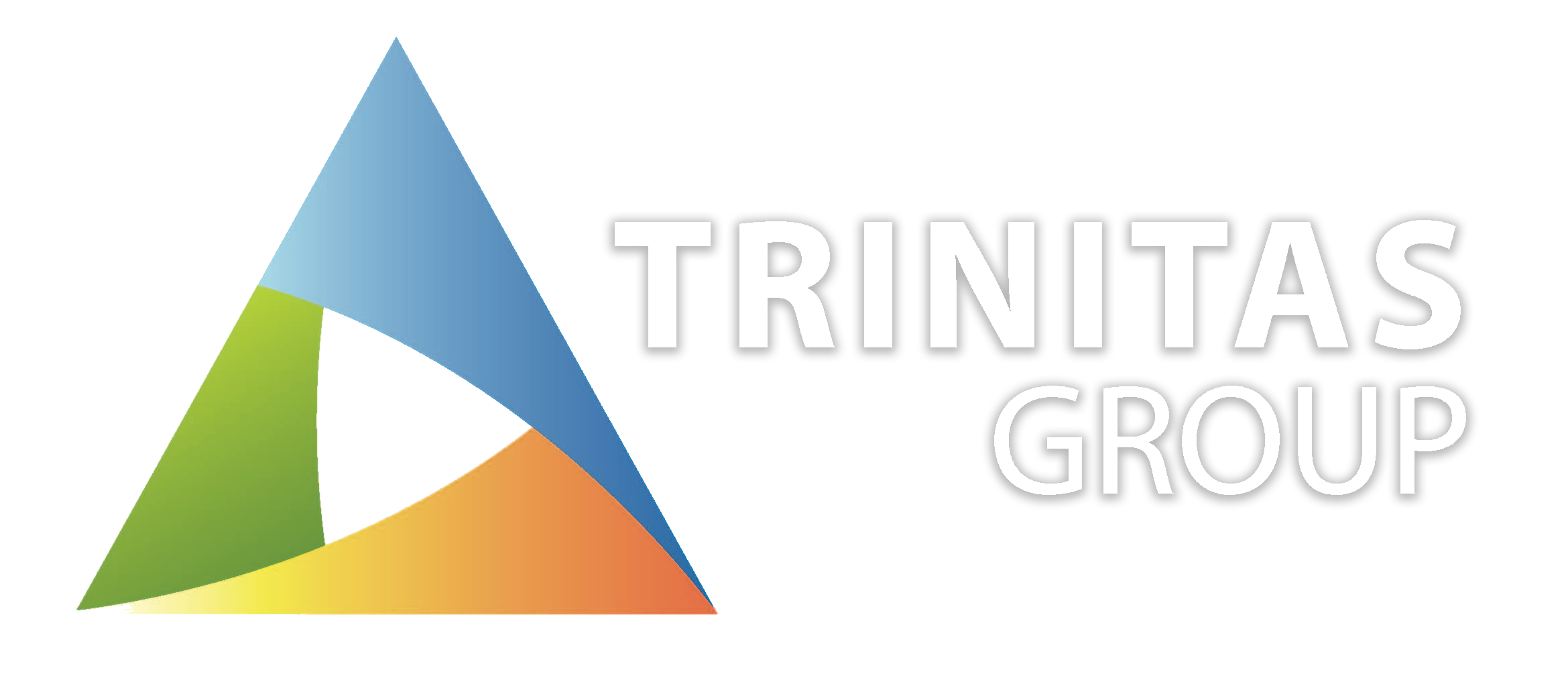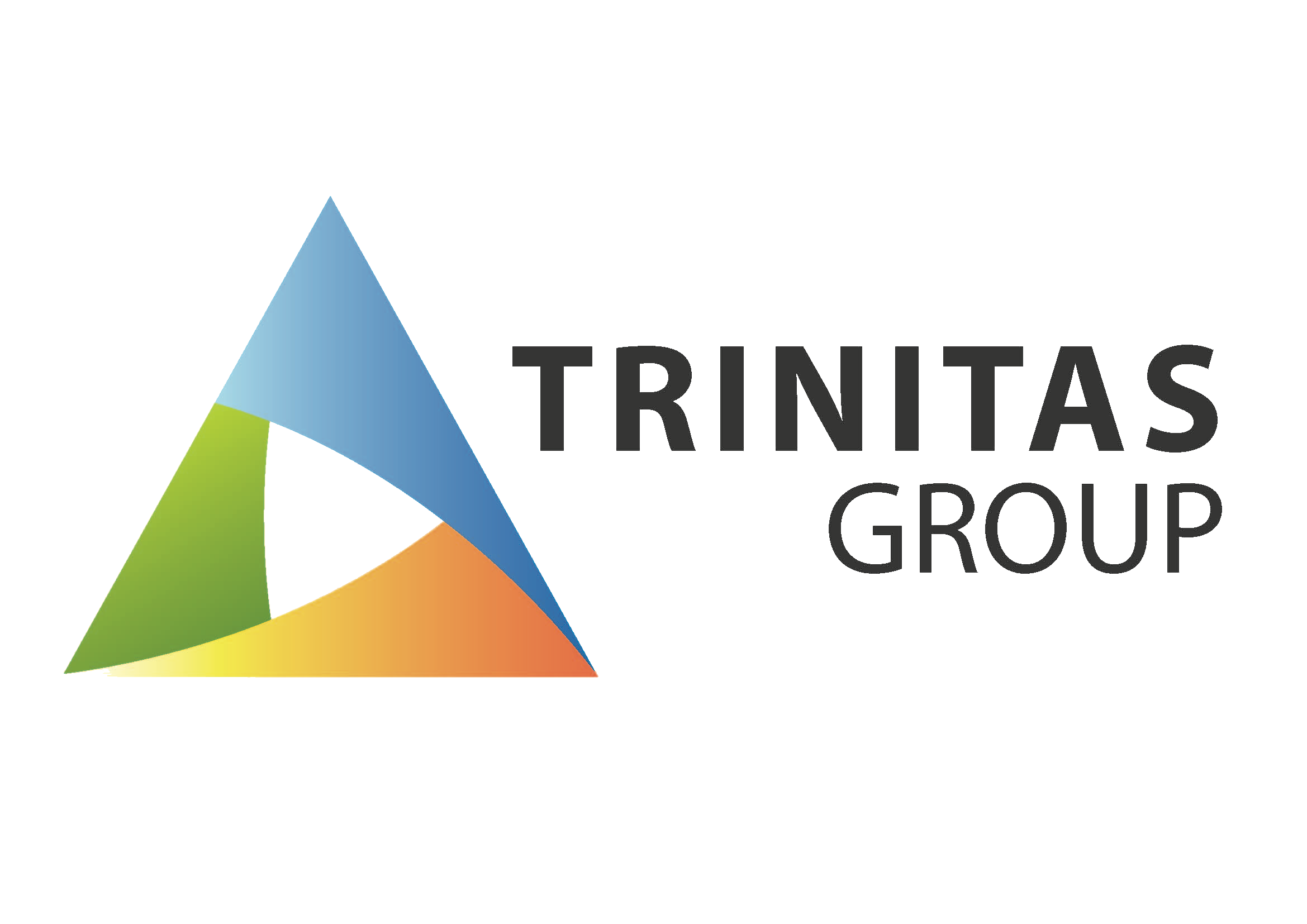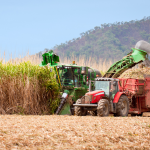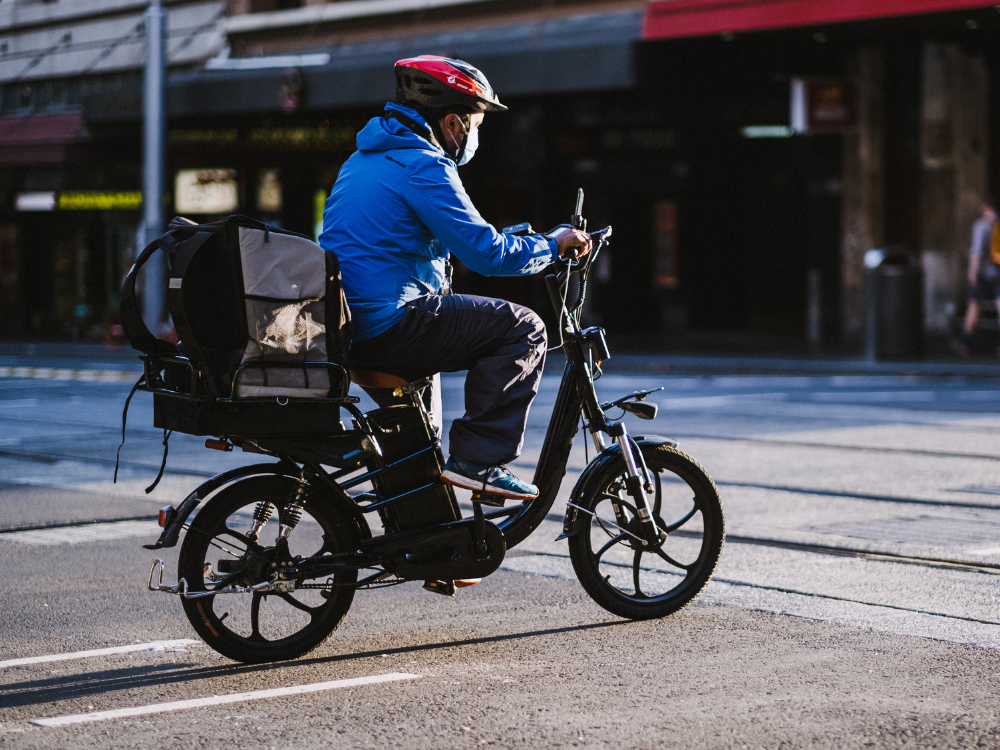It has been revealed that gig economy workers across Sydney are only receiving limited health and safety advice from the food delivery platforms they work with, according to the NSW Centre for Work Health and Safety. The report was handed down last week and will be used as the state considers updates to workplace health and safety policies.
According to the report’s executive summary, most of the delivery riders are under the age of 30 and are in Australia on student visas, who have a “relatively low level of workplace health and safety knowledge”.
UberEats and Deliveroo, who have the largest share of the food delivery market, have implemented new reporting mechanisms. However, the low rates of reporting have been acknowledged as concerning and may mean riders are afraid of reporting incidents for fear of losing their primary source of income.
“Until now there has been a lack of research around the nature of the risks facing gig economy delivery workers which has made it difficult for policymakers to determine how best to respond to this emerging sector,” said Minister for Better Regulation and Innovation Kevin Anderson.
The first public hearing for the NSW parliamentary inquiry occurred on Monday, and a number of workers have revealed the highly risky environments they’re working in.
One worker was hit by a tram after he slipped riding over the tracks, and while he was paid for 30 days of lost work by his employer, there was no worker’s insurance and several medical expenses came out of his own personal insurance.
He explained that “I hope delivery riders like me, who experience very high risk on the roads, can have suitable and adequate insurance.”
The aim of the inquiry is to improve outcomes for those working in the gig economy, including the industry’s impact on accident compensation schemes, superannuation considerations and appropriate WHS legislation. As the legislation stands currently, workers in this space are generally classified as contractors and as such, don’t have access to worker’s compensation or minimum hourly pay rates.
There has also been a number of serious injuries, according to SafeWork NSW data, including the deaths of two riders who were killed in the space of a week. While parts of the report have been redacted, there are accounts of delivery workers being assaulted while working, being hit by cars and flung into street poles.
The enquiry is due to hand down its findings in a report by the end of March next year, including recommendations for potential changes to policies for gig workers.
“While COVID-19 has created opportunities for the gig economy, it has also helped bring to light some of the challenges,” Mr Anderson said.




